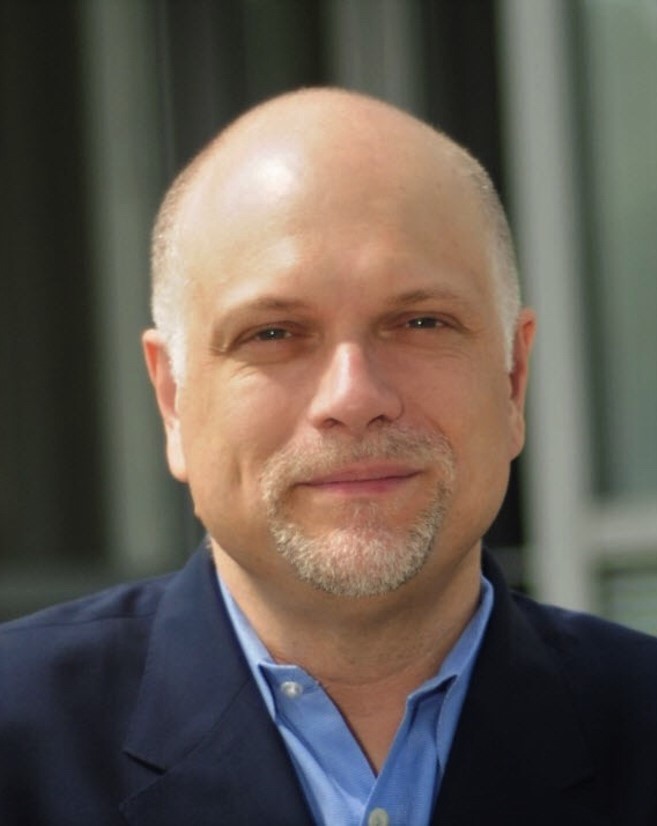By Magnus Meier, Global VP for Wholesale Distribution at SAP
Why do some digital transformation initiatives in the wholesale distribution sector produce results that far surpass expectations while others fall short? It’s a question I’ve been contemplating a lot recently both in my work supporting wholesale distributors in executing their digital strategies, and in my other gig as a college professor who teaches a Master’s-level “Digital Distributor” course.
The answer, I believe, comes down to two things: having a clear intention in executing a transformation strategy; and, as part of that strategy, giving IT teams the role of digital change agent within the organization.
Digital transformation is the continuous effort to capture quantitative and qualitative business-related elements as data points, which then can be utilized with technology to augment or substitute human agents, with the goal of optimizing, extending and transforming how a company conducts its business in order to create a competitive advantage.
What might that look like in practice? For a distributor, it could mean moving along the continuum from descriptive analytics to diagnostic analytics to predictive analytics and prescriptive analytics. Examples might be using analytics to understand why traditional programs are losing impact; using intelligent technologies to developing new programs that drive a higher margin or larger sales volumes; bringing digital twins online; and using the Internet of Things (IoT) to create new business models.
What we’re really talking about here is a fundamental, technology- and data-driven shift in how a distribution organization operates and serves its customers. To successfully orchestrate a transformation of this magnitude, an organization needs a change agent. Who better than IT to fill that role, given its position at the confluence of people, processes and digital technology?
Digitalization and the move to the cloud are forcing IT out of its classic role managing hardware, software releases, large-scale tech infrastructure projects and code development. The logical evolution of that role is to support end-to-end digitization as an end-to-end change agent within the organization.
What might that new role entail? The job description as I see it focuses on two key areas: lifecycle management and operational management. What are the skillsets and responsibilities involved in each of those areas?
On one hand, IT should be given the reins to manage the Process, Data, and Solution lifecycles.
- Process lifecycle – IT teams should be highly engaged in bringing process transparency to the entire organization
- Data lifecycle – enable a distribution organization to collect, integrate, harmonize, standardize and understand the spectrum of data accessible to it
- Solution lifecycle – IT teams are shifting from managing monolithic on-premise software solutions to architecting a modular digital infrastructure
In addition to managing lifecycles, IT, in its role as change agent, will need to focus on operational management in three key areas:
- Innovation – including areas such as customer experience and creating new business models.
- Value – uncovering new risk reduction strategies, efficiency opportunities, and cost-recovery improvements.
- Change – aiding the user experience for employees at all levels, from warehouse to boardroom.
The same holds true for many of the responsibilities that accompany digitalization within a wholesale distribution organization. For a digital transformation effort to succeed, organizational decision-makers must continually be asking themselves, “If not IT, then who?” Then they must give their IT teams the breathing room they need to evolve into their new role as change agent.
About The Author

Magnus Meier is the Global VP for Wholesale Distribution at SAP, where he provides industry thought leadership, portfolio direction, and drives the global go to market strategy. He’s a senior lecturer at Texas A&M, where he teaches the ‘Digital Distributor’ course in the Master of Industrial Distribution program.

